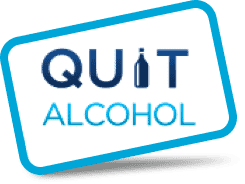 When drugs or alcohol are used repeatedly over time, the person abusing the substance may develop tolerance.
When drugs or alcohol are used repeatedly over time, the person abusing the substance may develop tolerance.
In short, this occurs when the person no longer responds to the substance in the way that he or she initially responded. This is because the person’s body has become tolerant to its use.
Once you become tolerant to a particular substance, it takes a higher dose to achieve the same level of response. Subsequently, it pushes the person to use more of the drug or alcohol, thus leading to more severe consequences.
There are many details that determine a person’s tolerance to a particular substance, including the substance they are abusing, how often they are using it, and their own personal health and body statistics.
For example, those who repeatedly use heroin soon find that their tolerance is growing. The body becomes familiar with the drug and can no longer cause changes in cell firing. As a result, the effect of the drug is diminished and the person will need to take in more to obtain the desired result.
Types of Alcohol Tolerance
When you become tolerant to the impact of alcohol, it will change your drinking behavior in many ways. There are many types of alcohol tolerance, including the following:
- Functional tolerance
- Acute tolerance
- Environment dependent tolerance
- Environment independent tolerance
- Learned tolerance
- Metabolic tolerance
As you build a tolerance to any substance, drugs or alcohol, your body will undergo major changes. Over time, these changes can lead to a variety of medical concerns. Along with this, when you decide to cut the substance out of your life, the withdrawal process will be more challenging.

